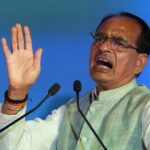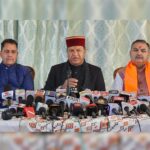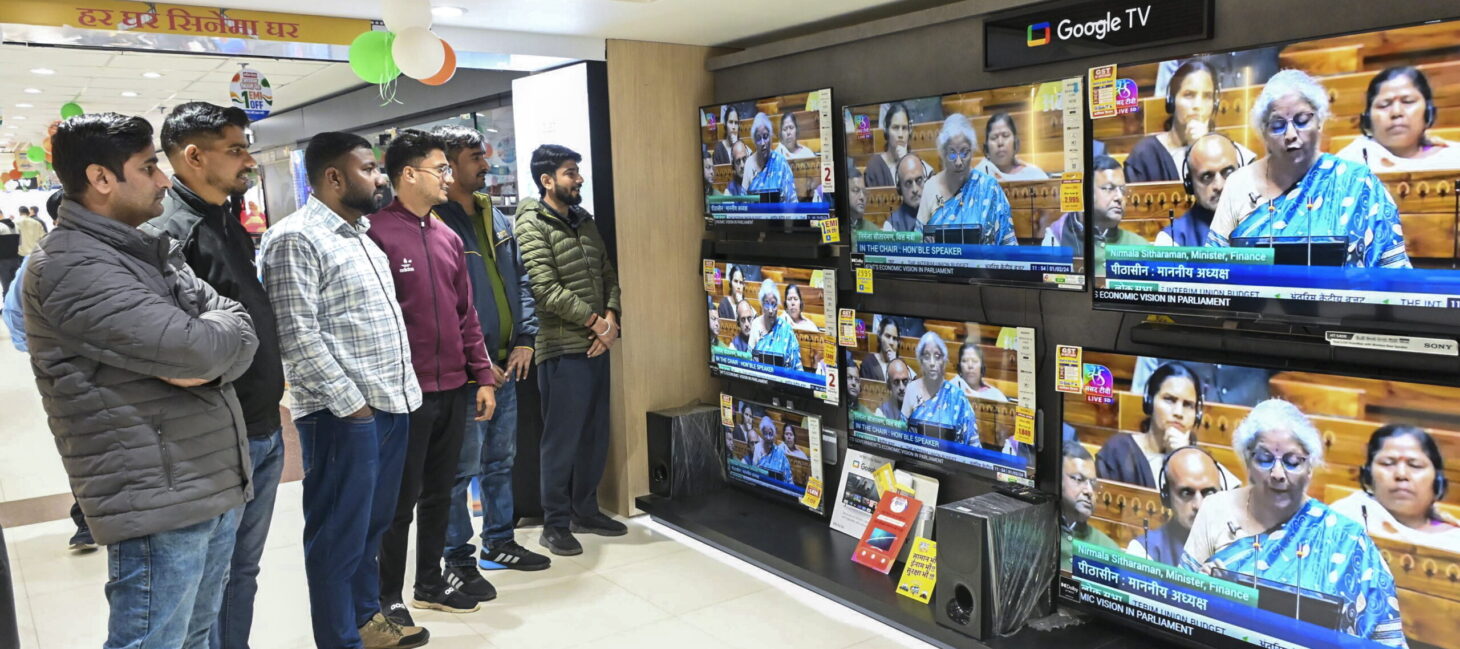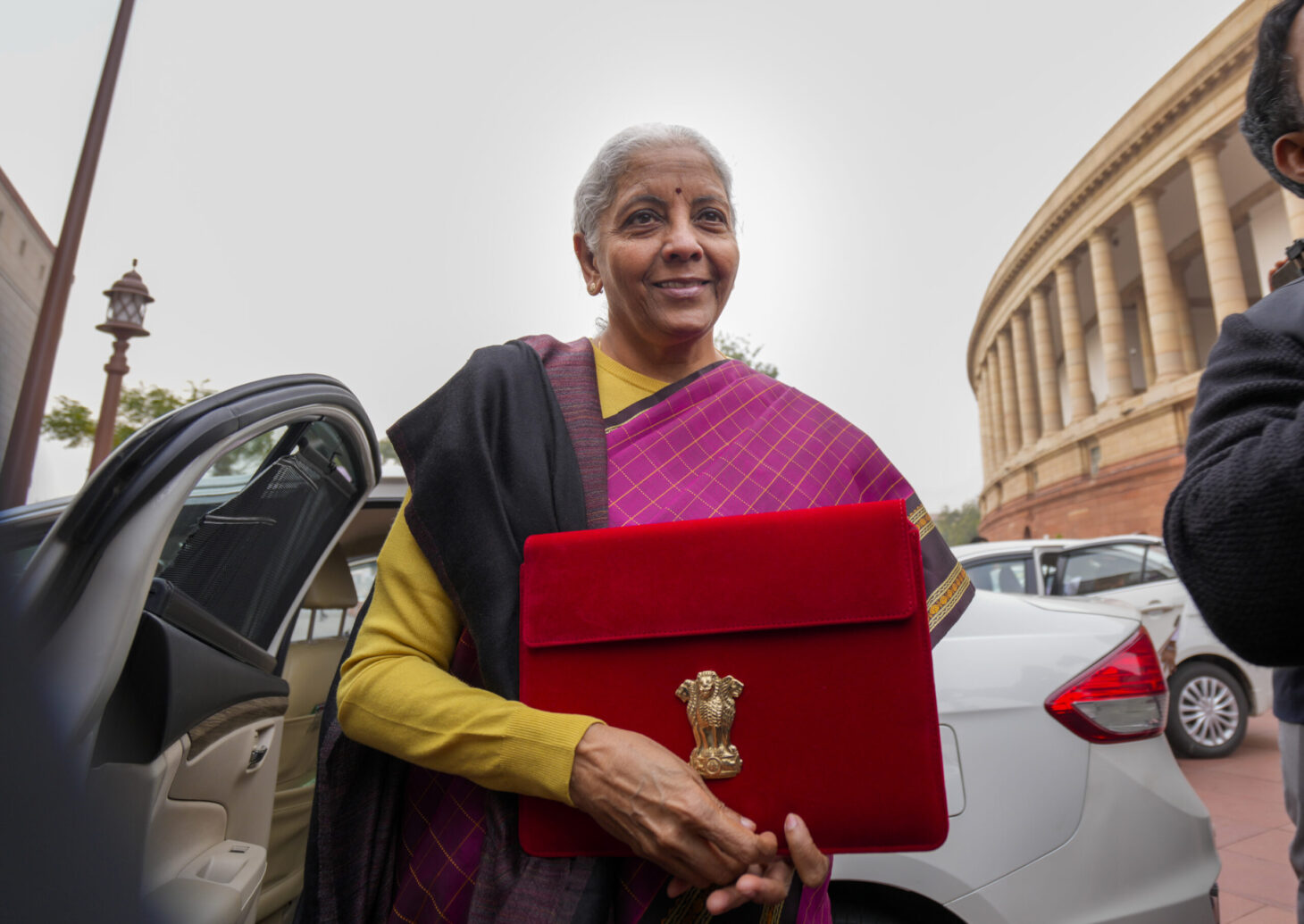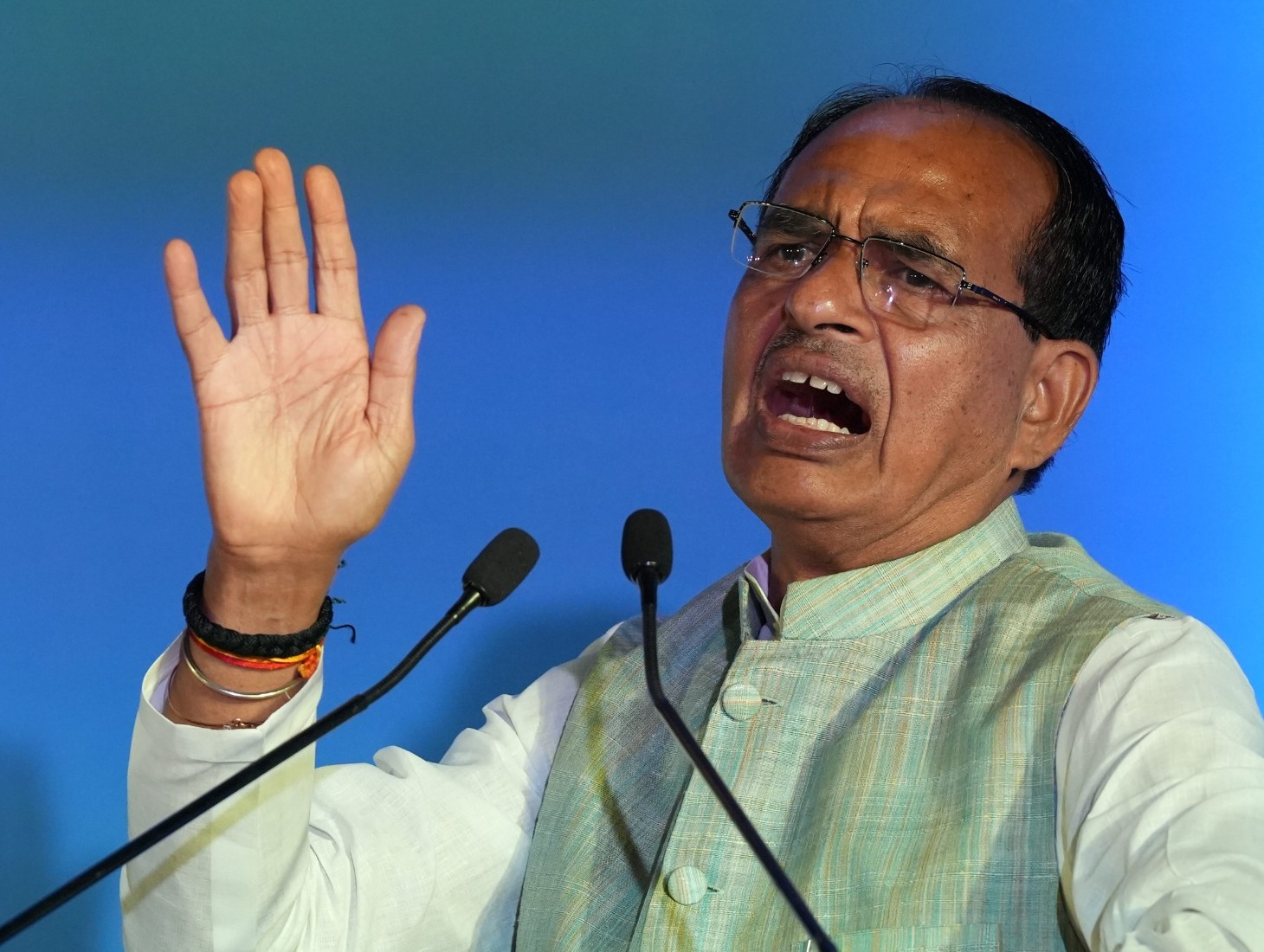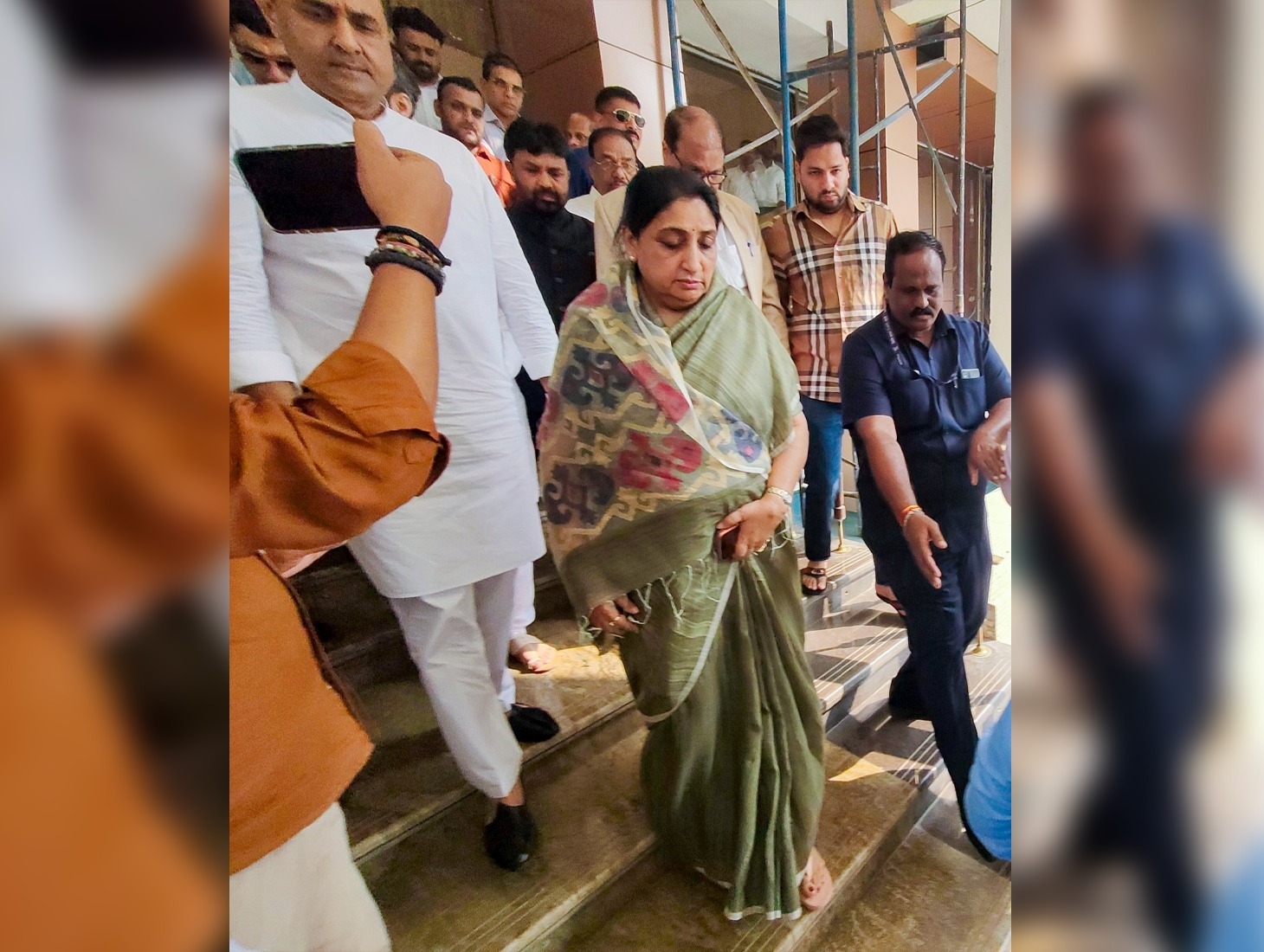Yog Raj Sharma
The North News
Shimla, June 23
Apple farmers from India’s northern hill states have launched a new wave of protest, accusing the central government of threatening their livelihoods through policy decisions they claim favour foreign imports over local growers.
At a joint general assembly held in Shimla’s Kalibari Hall, representatives of the Apple Farmers Federation of India (AFFI) and the Himachal Apple Growers Association — including delegates from Jammu & Kashmir, Himachal Pradesh, and Uttarakhand — called for urgent intervention from the government, demanding a rollback of recent reductions in import duty on apples and long-promised economic support.
Mohammad Yousuf Tarigami, MLA from Kulgam (J&K) and national convenor of AFFI, delivered a searing indictment of the government’s policies. “Apple farming is the backbone of livelihood for millions across the hills. Yet the government continues to pay lip service to our concerns. Promises of a Minimum Support Price (MSP) are made and forgotten. There are no subsidies for fertilisers or pesticides. The costs of production and living keep soaring,” he said.
Tarigami warned that the sector was heading towards crisis, particularly in light of reports that New Delhi was preparing to allow duty-free American apples into the Indian market under pressure from Washington. “This will devastate our local economies,” he said, accusing the Centre of trading away the interests of domestic producers.
Farmers also raised concerns about the Crop Insurance Scheme, which they said was either absent or dysfunctional. “In Kashmir, it hasn’t been implemented at all. Elsewhere, farmers can’t access its benefits,” said Tarigami.
The assembly ended with a call for collective resistance. AFFI announced it would participate in the July 9 nationwide trade union protests, aligning with wider working-class demands and putting the government on notice.
“If our voices are ignored, our protests will grow louder,” said Tarigami, echoing a sentiment gaining traction in India’s agrarian heartlands as frustrations mount over perceived policy indifference.




